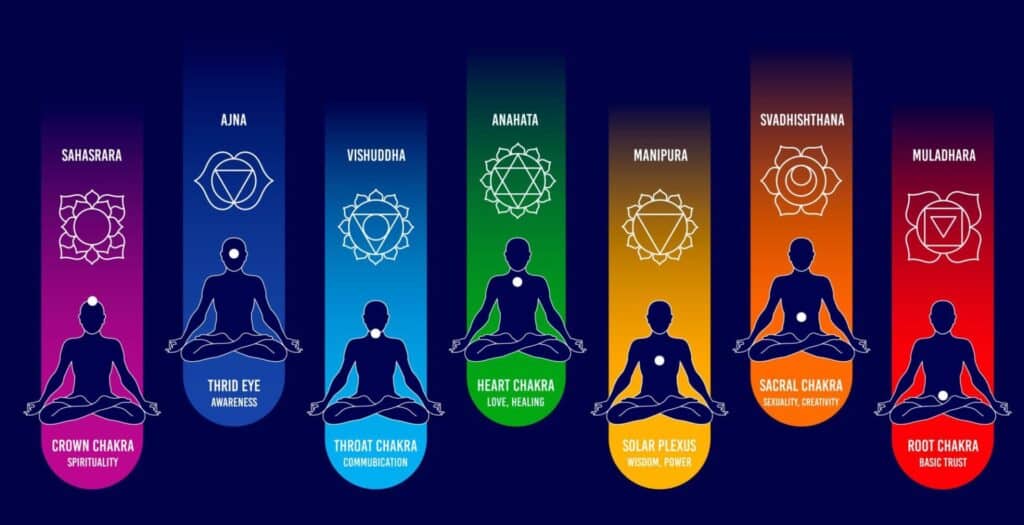Wellness Warfare: Fighting the Enemy Within

Are We Our Own Worst Enemies in Health & Wellness?
In today’s world, chronic diseases, stress, and lifestyle disorders are on the rise despite the abundance of health resources, medical advancements, and wellness trends.
🔹 39% of adults worldwide are overweight or obese (WHO, 2023).
🔹 75% of adults experience chronic stress daily (American Psychological Association, 2022).
🔹 60% of global diets are made up of processed foods (Harvard Public Health, 2023).
With so much knowledge at our fingertips, why are we still struggling? The hard truth is: we are often our own worst enemies when it comes to health and wellness. Whether it’s procrastination, poor habits, or a lack of self-awareness, we unconsciously sabotage our well-being. But the good news? We have the power to change that.
The Silent Ways We Sabotage Our Own Health
1️⃣ The “I’ll Start Tomorrow” Mentality
🚨 The Problem:
- 80% of people who plan to start a fitness routine never follow through (Journal of Behavioral Medicine, 2021).
- We assume we’ll have more motivation, time, or discipline later, which often never happens.
✅ The Fix:
- Replace “I’ll start tomorrow” with “I’ll take one small step today.”
- Micro-changes work: Drink one extra glass of water, take a 10-minute walk, or meditate for 2 minutes.
🧘 Your wellness journey isn’t about a perfect start—it’s about starting.
2️⃣ The Toxic Relationship with Food
🚨 The Problem:
- 60% of the average global diet is composed of processed foods (Harvard School of Public Health, 2023).
- Emotional eating and diet fads often do more harm than good, creating a cycle of bingeing and restriction.
✅ The Fix:
- Shift from restriction-based eating to intuitive, mindful eating.
- Follow Ayurvedic nutrition—eat fresh, whole foods that align with your Dosha.
- Avoid extreme diets and focus on sustainable nutrition.
🍃 Food should be medicine, not an emotional crutch.
3️⃣ Ignoring the Body’s Signals
🚨 The Problem:
- 70% of chronic diseases can be prevented with early intervention (CDC, 2023).
- Symptoms like fatigue, bloating, and headaches are warning signs, yet most people ignore them until they become serious.
✅ The Fix:
- Listen to your body—respect hunger cues, rest when tired, and detox when needed.
- Use Ayurvedic principles to detect early imbalances (low Agni, depleted Ojas).
🧘 Your body speaks. The question is: Are you listening?
4️⃣ The “No Time for Health” Trap
🚨 The Problem:
- 45% of adults worldwide sleep less than 6 hours per night (National Sleep Foundation, 2023).
- Work stress, digital distractions, and overworking make wellness feel like a luxury instead of a necessity.
✅ The Fix:
- Reframe health as a priority, not an option.
- Small daily habits make a difference:
✔ 5 deep breaths before a meeting.
✔ 10-minute movement breaks during work.
✔ Unplug from social media 1 hour before bed.
💡 If you don’t make time for your health now, you’ll be forced to make time for illness later.
How to Stop Being Your Own Worst Enemy
1️⃣ Prioritize Prevention Over Cure
- Western medicine treats symptoms; Ayurveda prevents disease.
- Simple habits like herbal teas, warm lemon water, and breathwork boost long-term health.
🌿 A healthy body doesn’t need constant fixing—it needs consistent care.
2️⃣ Make Small, Sustainable Changes
- Most wellness efforts fail because people go all in, then burn out.
- Instead of extreme changes, try 1% daily improvements.
Example:
❌ Extreme diet → Eat 1 healthy meal daily instead.
❌ 1-hour meditation → Start with 5 minutes.
❌ Intense gym routine → Begin with 15-minute walks.
🏆 Consistency beats intensity every time.
3️⃣ Shift from External Validation to Inner Alignment
- Many people chase wellness trends, but true health comes from understanding your body.
- Personalize your health journey instead of following generic plans.
- Ayurveda helps you identify your Dosha (Vata, Pitta, Kapha) and tailor wellness accordingly.
💡 Real wellness isn’t about what looks good—it’s about what feels good.
The AnandBodh Perspective: Wellness as a Way of Life
At AnandBodh, we believe:
✔ Health isn’t a trend—it’s a daily practice.
✔ You don’t need extreme solutions—just mindful, intentional living.
✔ Wellness isn’t about perfection—it’s about balance.
🌿 Start where you are, with what you have, and let wellness unfold naturally.
Call to Action: Become Your Own Healer
✅ Find Your Dosha – Get a personalized Ayurvedic wellness plan.
✅ Join the AnandBodh Community – Get holistic health tips and expert guidance.
✅ Start Small, Stay Consistent – Pick one wellness habit today and commit to it for the next 7 days!
👉 Explore More at AnandBodh: www.anandbodh.com
🌱 Your health is in your hands. Break free from self-sabotage and reclaim your well-being today. 🌱
Final Thought
“The biggest obstacle to your wellness isn’t lack of time, resources, or knowledge—it’s the small daily choices that either build you up or break you down. The good news? You can choose differently—starting now.” 💚
📊 Health Trends: Are We Sabotaging Ourselves?
Here’s a visual representation of modern health trends that show how our habits contribute to rising wellness challenges:
Global Health Trends Over the Last 20 Years
| Health Issue | % Increase |
|---|---|
| Obesity Rates | 39% |
| Chronic Stress | 75% |
| Sleep Deprivation | 45% |
| Processed Food Consumption | 60% |
| Physical Activity Decline | 30% |
📖 References & Research Sources:
- World Health Organization (WHO, 2023) – Global Wellness Trends
- American Psychological Association (APA, 2022) – The State of Stress Report
- Harvard School of Public Health (2023) – Diet & Lifestyle Impact on Health
- National Sleep Foundation (2023) – The Global Sleep Crisis
- Centers for Disease Control (CDC, 2023) – Preventable Chronic Diseases







Responses